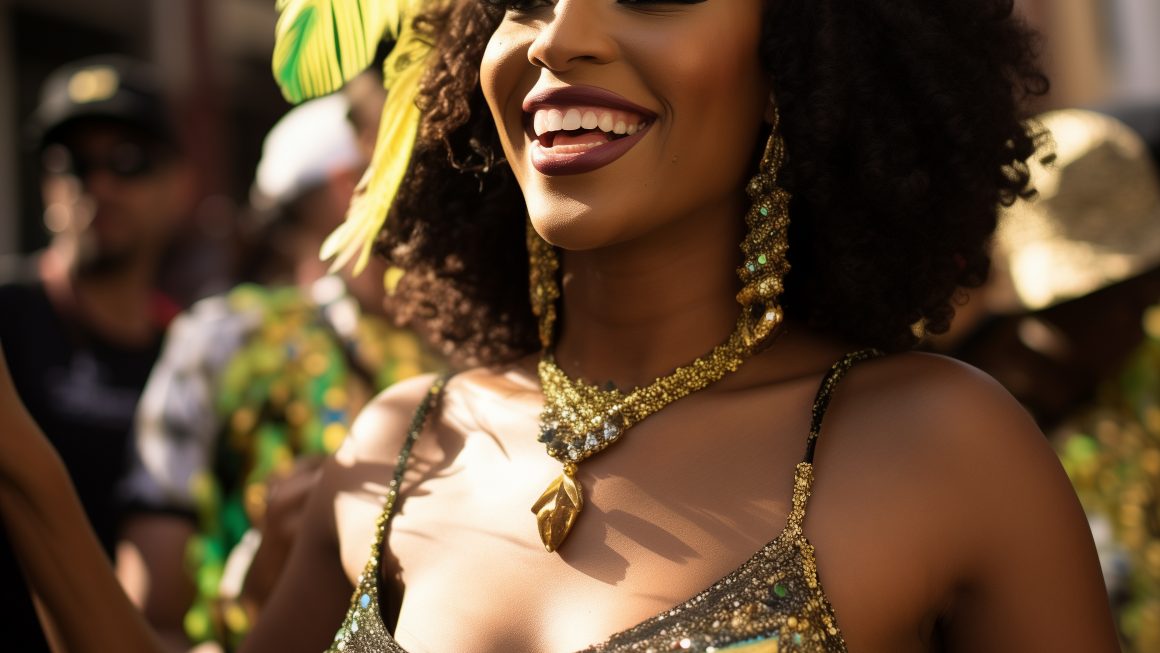The Rich Culture of the Igbo People; If you’ve ever attended an Igbo wedding or heard someone shout “Igbo kwenu!” with pride, then you’ve had a tiny glimpse into one of Africa’s most spirited cultures. The Igbo people, primarily found in southeastern Nigeria, are known for their rich traditions, colorful ceremonies, and a deep sense of community. But beyond the surface, there’s a heartbeat of resilience, creativity, and spiritual connection that shapes the Igbo identity.
Let’s dive in — not just into history books — but into stories, beliefs, customs, and everyday life that keep Igbo culture very much alive and thriving today.
In Igbo land, individual success is celebrated, but community success is gold. There’s a reason why titles like Ichie (elder) and Nze na Ozo (highly revered titleholders) are such a big deal. The Igbo believe that a person’s worth is also reflected in how they uplift their clan, kindred, and hometown.
“No one eats alone in the village,” my late uncle used to say. “Even wealth is tastier when shared.”
The concept of Umunna — the extended family — plays a huge role. Decisions are rarely made in isolation, especially in traditional matters. Marriage, land, or even child-naming — all get the nod from elders and kindred before they proceed.
From the popular New Yam Festival (Iri Ji) to the vibrant Ofala Festival in Anambra State, Igbo festivals are grand and deeply symbolic, the rich culture of the Igbo people include.
- Iri Ji (New Yam Festival): Celebrated in August, this festival honors the yam — a sacred staple crop. It begins with prayers and offerings, followed by feasting, music, and traditional dance.
- Ofala Festival: Reserved for kings (Igwe or Obi), it’s a moment to showcase royalty, pageantry, and blessings. Dressed in regal attire, the king makes a majestic public appearance, and subjects come to pay homage.
During these festivals, expect masquerades (Mmanwu) that both entertain and spiritually cleanse the town. Kids either run in awe or hide in fear — depending on the costume!
Igbo language is poetic. A simple phrase can carry layered meanings.
For instance:
“E jiri mara Igbo.” (You recognize an Igbo person by their values.)
Proverbs are a huge part of conversation, especially among elders. Chinua Achebe said, “Proverbs are the palm oil with which words are eaten.” Here’s a favorite:
“A man who does not know where the rain began to beat him cannot know where he dried his body.”
Translation: Know your history; understand your challenges to fix them.
If you’ve ever heard two Igbo elders talking, you’ll know — one sentence, five proverbs!
From the Isi Agu patterned shirt (usually worn by men) to George wrappers and coral beads, Igbo attire is regal. The red Okpu Agwu (cap) worn by titled men isn’t just a fashion statement — it’s a crown.
Igbo women stun in lace blouses, high headwraps (gele), beaded necklaces, and often hold a feathered hand fan for flair. These are not just clothes — they tell stories of heritage, status, and elegance.
Modern designers like Lisa Folawiyo and Ugo Monye are blending traditional fabrics with high fashion, and the world is watching.
An Igbo traditional wedding, Igba Nkwu Nwanyi (wine-carrying ceremony), is a vibrant mix of love, ritual, and family bonding. Here’s a snapshot:
- Introduction (Iku Aka): The groom’s family knocks — literally — to declare interest.
- List Presentation: The bride’s family gives a traditional “shopping list.”
- Dowry & Gifts: Symbolic items like kola nuts, palm wine, yams, and wrappers are exchanged.
- Wine-Carrying Ceremony: The bride dances with a cup of palm wine, searching for her groom in the crowd. When she finds and serves him, marriage is sealed.
It’s fun, dramatic, and incredibly symbolic. No one leaves hungry — or single (some guests even find love during the event!)
From Alaba Market to the tech hubs of Enugu, Igbos are known for business acumen. The apprenticeship system (Igba Boi) teaches young boys the art of trading under a mentor for several years. Afterward, the mentor “settles” them with capital to start their own business.
This system has produced millionaires — without formal education — and is now being studied in global business schools for its economic model.
“Give an Igbo man a kiosk today, and he’ll build a shopping mall tomorrow.”
It’s cliché, but also very true.
The traditional Igbo belief includes reverence for Chukwu (God), Ala (Earth goddess), and ancestral spirits. While Christianity is now dominant, traces of traditional beliefs remain — in respect for elders, land taboos, and ceremonial practices.
Even with churches everywhere, you’ll still hear elders say things like:
“Chineke ga-edu gi.” (God will guide you.)
And that blend of faith and culture? That’s uniquely Igbo.
If you ever get the chance to attend an Igbo festival, wedding, or even just share a meal with an Igbo family — take it.
You’ll leave with a fuller belly and a richer understanding of a people whose culture is a living, breathing masterpiece.





